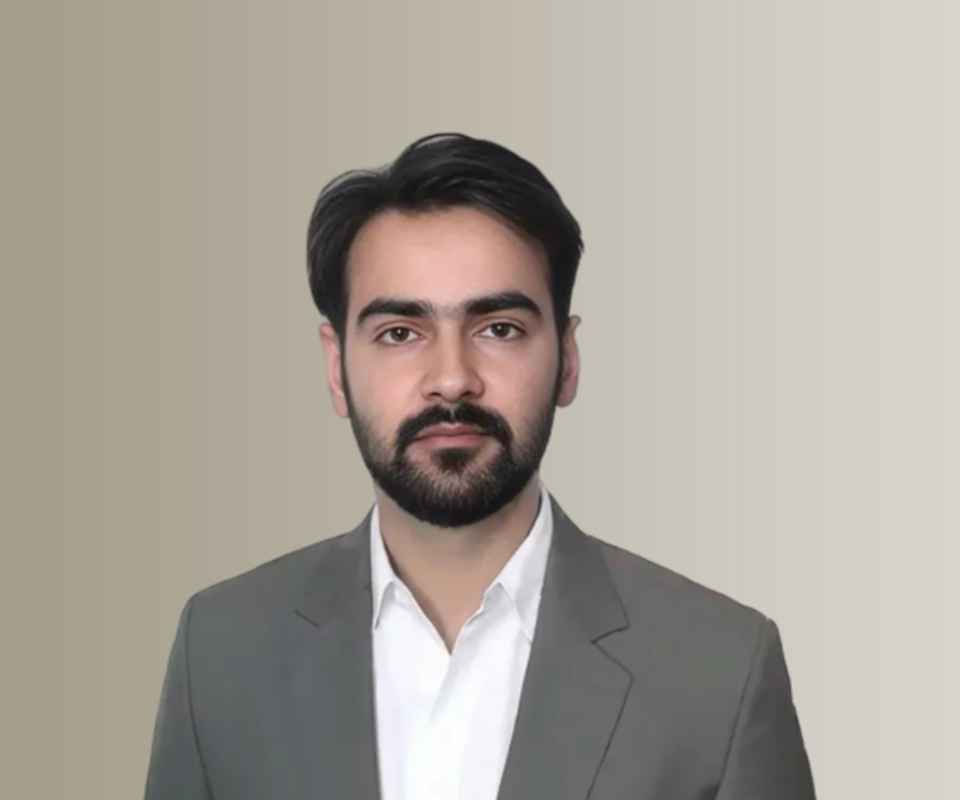Answer By law4u team
India’s diplomatic missions—comprising embassies, consulates, and high commissions—play a crucial role in the extradition process of fugitives located abroad. Working in coordination with the Ministry of External Affairs (MEA), legal agencies, and host country governments, these missions are essential in handling the diplomatic, administrative, and legal complexities of cross-border criminal cases.
Key Roles of India’s Diplomatic Missions in Extradition
Liaising with Foreign Governments
Diplomatic missions maintain direct communication with the host country’s Ministry of Justice, interior departments, and law enforcement agencies to formally submit extradition requests and ensure timely updates.
Supporting Legal Documentation
They coordinate with Indian law enforcement agencies (CBI, NIA, ED, etc.) to translate, verify, and submit proper documentation (e.g., arrest warrants, evidence summaries, court orders) to meet foreign legal standards.
Pursuing Red Corner Notices (RCNs)
When Interpol issues an RCN against a fugitive, embassies work to ensure the host country recognizes it and acts upon it in accordance with local laws.
Monitoring Legal Proceedings
Diplomatic staff often attend court hearings in the host country, track legal developments, and report back to Indian authorities about case progress, delays, or hurdles.
Bilateral Coordination & Treaty Compliance
They facilitate extradition under existing bilateral treaties by ensuring compliance with treaty obligations, such as assurance of fair trial, prison conditions, or no capital punishment if required.
Political and Diplomatic Negotiation
In high-profile or sensitive cases, missions may conduct diplomatic lobbying or negotiations to expedite extradition or counter political opposition.
Emergency Legal Aid & Consular Access
If the fugitive is an Indian national who voluntarily returns or is subject to legal rights in the host country, the mission may extend legal aid or monitor rights compliance under consular treaties.
Public Relations and Information Gathering
Missions also monitor the fugitive’s public appearances, media presence, business dealings, or immigration status to gather intelligence useful for legal follow-up.
Example
In the Nirav Modi case, India’s High Commission in London played an active role in coordinating with the UK’s Crown Prosecution Service (CPS), submitting Indian court documents, tracking the legal process, and addressing human rights concerns raised by Modi’s legal team. The mission's consistent engagement helped secure a favorable ruling by the UK court for Modi’s extradition in 2021.
Steps taken by the High Commission included:
Delivering official extradition requests.
Ensuring documentation complied with UK legal standards.
Attending hearings and liaising with UK prosecutors.
Reporting developments to the MEA and legal agencies in India.
Responding diplomatically to appeals and media narratives.
Conclusion:
India’s diplomatic missions are essential actors in the extradition process. Their legal coordination, diplomatic negotiation, and administrative diligence help bridge the gap between Indian authorities and foreign legal systems. Strengthening the capabilities







